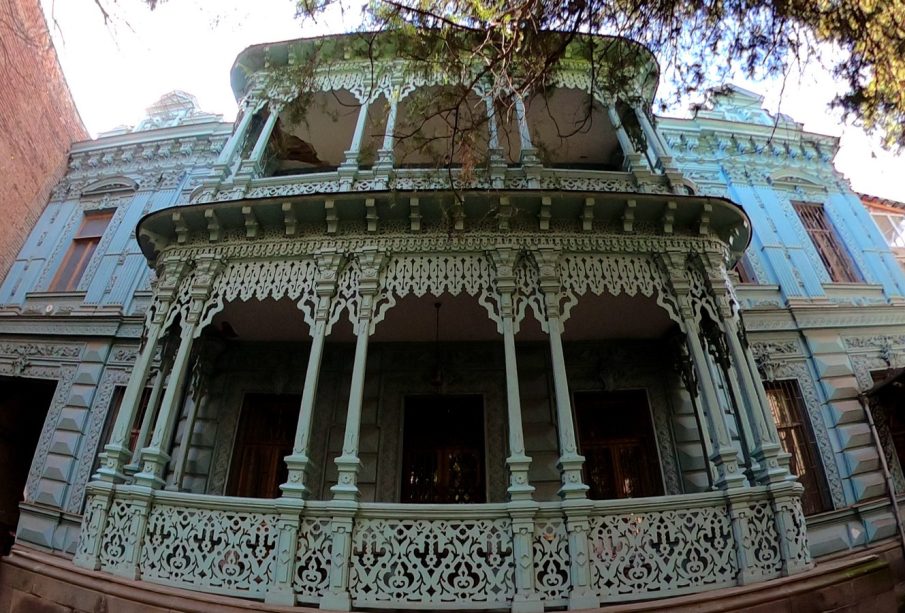Discovering Tbilisi: A Cultural Jewel of Georgia

Introduction
Tbilisi, the capital city of Georgia, has been drawing attention recently for its vibrant culture, rich history, and architectural diversity. Nestled in the heart of the Caucasus region, Tbilisi serves not just as the political and administrative centre of the country, but also as a significant cultural hub. Its unique blend of Eastern and Western influences makes it a vital destination for both tourism and international business.
Historical Significance
The history of Tbilisi dates back to the 5th century AD. Founded by King Vakhtang I Gorgasali, the city has served as a critical crossroads for various trade routes. Today, Tbilisi is a tapestry woven from various cultures, reflected in its architecture that ranges from medieval structures to Soviet-era buildings and modern designs. Recent campaigns by the Georgian government focusing on heritage conservation and urban development have further highlighted Tbilisi’s historical significance and appeal.
Current Events
Recently, the city has been in the news due to its resurgence in tourism, especially after the easing of COVID-19 travel restrictions. According to the National Tourism Administration of Georgia, Tbilisi welcomed over 3 million international visitors in 2023, marking a 25% increase since the pandemic began. The city’s strategic positioning, offering an attractive mix of culture, cuisine, and nightlife, has made it a preferred destination for travellers from across Europe and beyond.
In addition to tourism, Tbilisi has also made headlines for its growing tech industry. With initiatives to support startups and tech innovation, the city has developed a burgeoning ecosystem that attracts both local entrepreneurs and foreign investors. Events like the Tbilisi Tech Fest have been instrumental in showcasing local talent and fostering collaboration throughout the tech community.
The Cultural Scene
Besides a rich history, Tbilisi boasts a vibrant arts scene. The city hosts a plethora of galleries, theatres, and music venues, contributing to a lively cultural atmosphere. Notably, the Tbilisi International Film Festival, held annually, attracts filmmakers and audiences from around the globe. The city’s diverse culinary offerings, featuring everything from traditional Georgian dishes to contemporary fusion cuisine, further enhance its cultural richness.
Conclusion
Tbilisi stands as a testament to resilience and transformation, emerging as a key player on the global stage. With its growing tourism and tech industry, coupled with a deep cultural heritage, the city is poised for a bright future. As travellers and investors continue to discover what Tbilisi has to offer, it is expected that the capital will further enhance its reputation and significance in the region. For those looking to explore new destinations, Tbilisi promises a unique blend of history, culture, and modernity.








